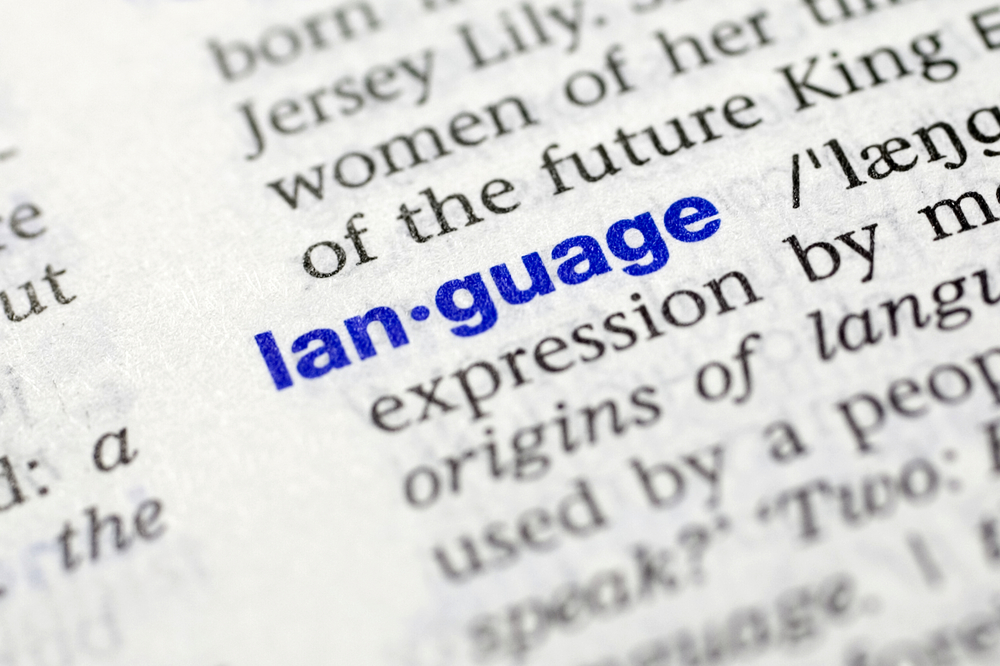
“We become what we behold. We shape our tools and then our tools shape us.”
Marshall McLuhan
When seeking to work well and perform at our best, how we communicate is crucial to how others perceive us and understand what we share.
As our technology has advanced, how we use our written words to convey those messages has changed dramatically over the last few years.
In a world driven by time poverty and a need for speed, brevity has become the order of the day. We cut words out, shorten them or change their spelling. Text speak is the new language.
But does this come with a cost?
Does text speak reduce performance?
The biggest threat to our relationships both at work and in life is poor communication and being misunderstood. Our spoken language provides more descriptive prose (unless you are a teenager going through a monosyllabic phase of grunts and eye rolls). Any uncertainty or ambiguity of our message is perceived by the brain as a potential threat and activates our limbic system and stress response.
This can lead to reduced access to our prefrontal cortex – our logic, reasoning and self-regulation just left the building, meaning we react more emotionally and ascribe our own interpretation of the message, which may not match the original intention at all.
Is that what you meant to say?
“Aoccdrnig to a rscheearch at Cmabrigde Uinervtisy, it deosn’t mttaer in waht oredr the ltteers in a wrod are, the olny iprmoatnt tihng is taht the frist and lsat ltteers be at the rghit pclae. The rset can be a toatl mses and you can sitll raed it wouthit porbelm. Tihs is bcuseae the huamn mnid deos not raed ervey lteter by istlef, but the wrod as a wlohe.”
If like me you’ve seen this text a hundred times, you’re probably aware that it suggests that our interpretation of text depends on reading words as a whole, so misspelling doesn’t matter as our brain fills in the gaps.
(It also makes us feel we smart because we can read it -nice little dopamine reward happening there.)
Except that’s not totally correct and there was no research into this at Cambridge. It’s one of those lovely furphies that have become our truth.
Jumbled letters aside, what is our increasing use of abbreviated text in our tweets, emails and speech doing to our brain?
Are we dumbing ourselves down through the reduction of our vocabulary and conscious choice to change our spelling?
Language is constantly evolving.
Dear Mr J. Smith,
In reference to your previous communication we wish to advise that your application to join Farquhar & Co. has now been fully assessed. As all terms and conditions for entry have now been completed to a satisfactory level, it is the unanimous decision of the board that your application be approved.
We look forward to your contribution to our establishment.
Hi John,
Your application to join Farquhar & Co. has been approved. Congratulations.
@John @Farquhar&Co You’re in #congrats
Is Succinctness Better?
Our technology has enabled us to communicate faster than ever before. As we continue to operate at increasing speed, we don’t have the time to write or read long passages of text.
Sending a short text or tweet enables us to speed up a conversation while still getting the salient points across.
This is especially noticeable in the media where headlines have been reduced to sound bytes and attention grabbers or a ticker tape feed across the bottom of our screens.
And yes it reduces boredom.
We are curious creatures and nothing piques our interest more than a tantalising headline that hints at it’s meaning and draws you to read (some) of the rest.
Adapting to the times.
Repeating a learned behaviour over and over leads to an established habit. Studies have shown how texting changes those areas of the brain associated with use of our dominant thumb and forefinger. Our use of our smartphones is causing our wonderful plastic brains to adapt to the new communication environment.
Are you being misunderstood?
Have you ever had a conversation that ended with you feeling that the person you were speaking with didn’t “get” it?
As we continue to cut back on our words, the biggest risk is of being misunderstood. That’s why emoticons have exploded in use, to ensure that our script is seen in the positive way it was means to be construed.
One of my favourite books Eats, Shoots and Leaves by Lynne Truss, makes the point how a message can be changed completely by the inadvertent use of a comma. As someone who has always struggled with English grammar (it wasn’t taught at our school) this can be potentially problematic when sharing ideas and information.
Reducing our linguistic palette
The risk is that brevity denies the brain access to those other associations and meaning that can be applied to that message. In other words we operate only in the shallows of our mind, lacking the depth of understanding that comes from the richness of descriptive language.
One Canadian study found that those who text frequently reduce their ability to interpret and accept new words. Another study’s findings revealed that girls who text compulsively reduce their academic performance and a third study reported that media use in general, was associated with poorer academic outcomes. Though how much of this relates to self-regulation wasn’t debated here.
Once more with feeling.
As we spend less time considering the ‘what’ our messages convey because of our haste to move on to the next communication share, perhaps the question needing to be asked is;
” Is our technology leading to a decline in our critical thinking and analysis?”
I’d love to hear your thoughts.

